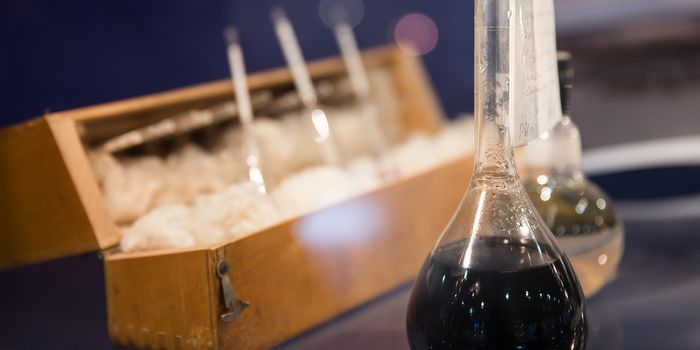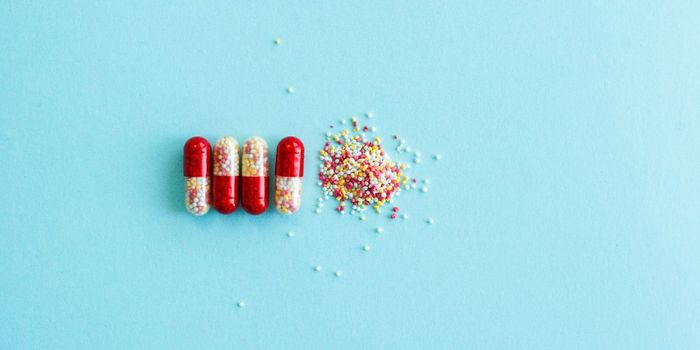Vitamin D May Lower Cancer Risks
A recent research adds compelling reason for getting your daily fix of vitamin D. In addition to building bone strength, this supplement may also decrease cancer risks in older women.
Vitamin D, known chemically as 25-hydroxyvitamin D (25(OH)D), is best known for its role in increasing bone strength due to its ability to increase absorption of calcium, iron, magnesium, phosphate, and zinc. Interestingly, sunlight is a critical component in the synthesis of the vitamin D compound. In fact, one form of treatment for rickets – a deficiency of vitamin D, is increased exposure to sunlight.
But the compound may also have a role in fighting cancer, say scientists from the Creighton University in Nebraska.
The study was a four-year trial that assessed the effects of vitamin D3 and calcium versus placebo alone. Participants included over 2,300 postmenopausal women over 55 years old. The women were randomized to receive either vitamin D3 (2000 IU) and calcium (1500 mg) or placebos daily for 4 years.
The team found that women who took the vitamin D and calcium had a 30 percent decrease in risk for cancer. Moreover, in women who did develop cancer, their blood levels showed significantly lower levels of vitamin D.
"This study suggests that higher levels of 25(OH)D in the blood are associated with lower cancer risk," said Joan Lappe, the study’s senior author. "The study provides evidence that higher concentrations of 25(OH)D in the blood, in the context of vitamin D3 and calcium supplementation, decrease risk of cancer" she said.
“These results contribute to a growing body of scientific findings, including results of a similar randomized controlled clinical trial preceding this one in Nebraska women, that indicate that vitamin D is a critical tool in fighting cancer" she said. "It is also of value in preventing other diseases, according to previous research.”
The authors hypothesize that vitamin D may help regulate normal cell functions. "Without adequate vitamin D, normally functioning cells can convert to malignant cells." Lappe said.
It’s worth noting that the vitamin D dose given to the women was about three times higher than the US government's Recommended Dietary Allowance (RDA) for women above 55. This suggests that a significant increase in vitamin D would be necessary to see any anticancer effects. Further research will be necessary to validate these findings.
"While people can make their own vitamin D3 when they are in the sun near mid-day, sunscreen blocks most vitamin D production. Also, due to more time spent indoors, many individuals are lacking adequate levels of vitamin D compounds in their blood," Lappe explained. "The results of this study lend credence to a call for more attention to the importance of vitamin D in human health and specifically in preventing cancer.”
Additional source: Creighton University









